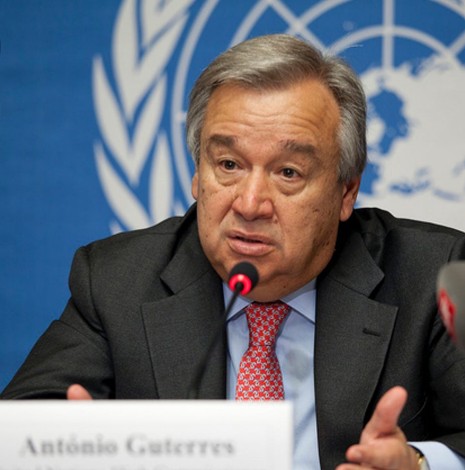|
Getting your Trinity Audio player ready…
|
By Joyce Mukucha
The continuous spread of the global COVID-19 pandemic associated with stiff measures by Governments, stay-at-home orders and self-quarantines, the society has been forced into increased technology use across all facets of life which include business, school, work, shopping among other aspects of their day-to-day lives.
However, studies indicated that people with disabilities (PWDs) still lag behind in computer ownership and Internet access, connect to the Internet, and participate in online activities at the same rates as the general population.
The United Nations (UN) Secretary General, Antonio Guterres said people with disabilities (PWDs) were hardest hit by the global Covid-19 pandemic.
He made these remarks marking the International Day of Persons with Disabilities last Friday.
According to the UN, about 80 per cent of persons with disabilities live in developing countries. An estimated 46 per cent of people aged 60 years and over, have disabilities.
One in every five women is likely to experience disability in her life, while for children, that figure is one in ten.
The UN chief highlighted that the unprecedented times posed by the epidemic inequalities were continuing to affect PWDs and he reiterated the need for measures to be put in place by the PWDs themselves as well as development and implimentation of ways that ensure their inclusion.
“COVID-19 has laid bare the persistent barriers and inequalities faced by the world’s one billion persons with disabilities . A disability-inclusive pandemic response and recovery should be guided by persons with disabilities themselves.
“It should also “forge partnerships, tackle injustice and discrimination, expand access to technology and strengthen institutions to create a more inclusive, accessible, and sustainable post-COVID-19 world,” he said.
To respond to the needs of these people, the Secretary-General urged all countries to fully implement the Convention on the Rights of Persons with Disabilities.
“Governments should also work to increase accessibility, and dismantle legal, social, economic and other barriers with the active involvement of persons with disabilities and their representative organizations.
“Realizing the rights, agency, and leadership of persons with disabilities will advance our common future”, he argued. “We need everyone, including persons with disabilities on board, to achieve the Sustainable Development Goals.”
Guterres highlighted that, globally, persons with disabilities and their representative organizations were taking commendable strides to make good on a key demand: “Nothing about us, without us.”
Meanwhile, the Director-General of the UN Educational, Scientific and Cultural Organization (UNESCO), Audrey Azoulay said as the world was embracing technology, PWDs were still lagging behind.
“As part of our lives moved online, confinement measures have brought to the fore another series of inequalities affecting people with disabilities: the inequalities relating to technology and the digital world,” Azoulay said.
She noted that, according to the latest Education Monitoring Report (GEM), only 68 per cent of countries have a definition of inclusive education and just 57 per cent mention all the multiple marginalized groups.
“These are some of the issues that should be discussed at the next UN-backed Global Disability Summit, which Ghana and Norway are co-hosting in February,” she added.
